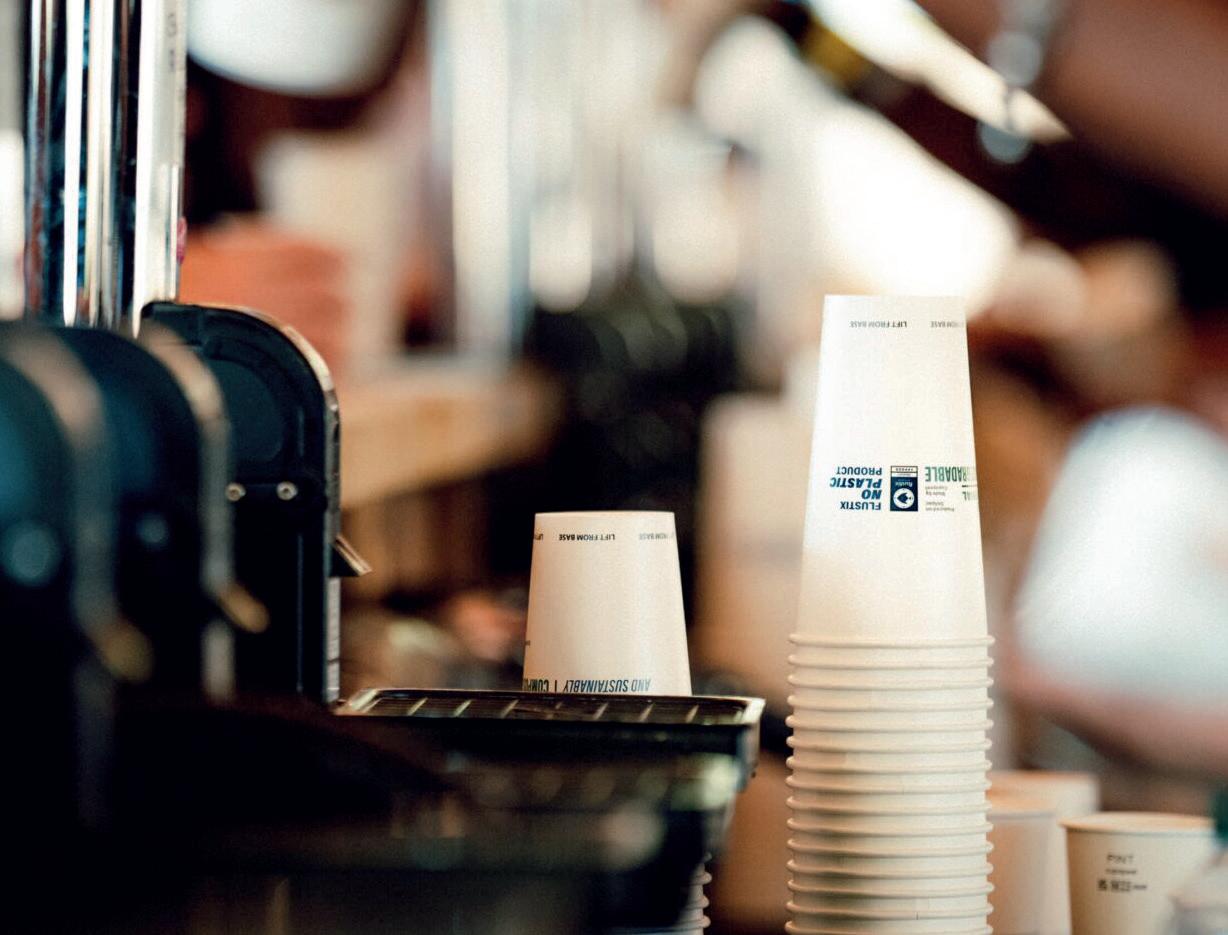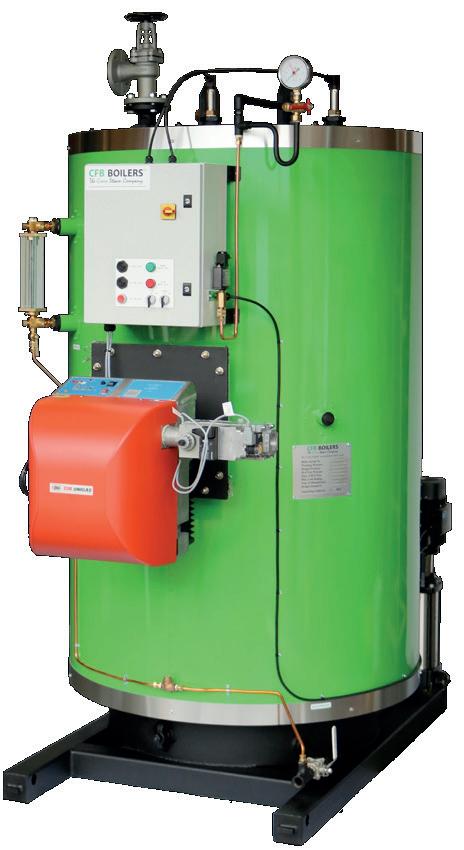
3 minute read
Tapping in
On New Year's Eve 2019, my Instagram was littered with 'roaring twenties’-themed house parties. Ours? Apocalyptic themed. Seriouslythe irony is not lost on us.
While friends on socials were clad in Gatsbystyle flapper dresses and beaded headgear, drinking cocktails from crystal coupes, I was dressed as a black hole. Others dressed up in plastic bags, as bees, and climate change, while my husband dressed as a hipster (himself, undeniably). Little did we know that we'd spend the following New Year’s Eve on Zoom, from the safety of our homes.
There’s no denying that what followed were the toughest times this country - and beyond - has seen for generations. Loneliness spiked while we danced in and out of lockdown, using our one walk a day to get a takeaway from our local pub - or sit outside them shivering, before the number of pubs in the UK fell to a record low.
It’s estimated that we lost the equivalent of 2.1bn pints in beer sales over lockdown, with more than 32 pubs in England and Wales closing their doors each week last year. As each pub closes, we lose familiarity, nostalgia, a pillar of the community, and a key hotspot to facilitating friendships - according to CAMRA research.
I think, as our locals shutter around us, we also lose a little bit of ourselves, too.
It’s a different kind of mourning, seeing this country’s great pub culture gradually fall apart. But, like a phoenix rising from the mash tun, taprooms are arming themselves to support their communities as a vital hub - filling the well-worn boots of local pubs who propped up their communities for so long.
As humans, we loathe asking for help - but we need it, now more than ever. Cost of living, rising energy bills, the Ukraine war, strikes - the word ‘crisis’ is starting to become a key part of our everyday vocabulary, and it’s scary. The constant flow of bad news is overwhelming, and it’s easy to feel pretty helpless.
That’s where taprooms come in. Gone are the cold, industrial warehouses of old, with a few benches littered between the roaring, giant steel tanks - now, they’ve been replaced by warm, lively, multi-purpose spaces that bring people together from all sections of the community. Welcoming with open arms friends old and new, taprooms are utilising their space for good –and with that comes hope.
Maker’s markets, running clubs, film showings, open mic nights, street food, local artists, live music, charity fundraisers, speed mating, home-brew competitions, drag shows, quizzes, food bank collection points, beer festivals, even Bake Off showings - the list goes on. Taprooms are far from just being a spot to get a good pint.
Local causes and little-known artisans are now being championed through taprooms, and brewery shops - with community groups having a warm, sociable, unique place to meet.

Andrew Finnerty, founder and organiser of London Beer Runners, as well as one of four organisers for Gipsy Hill’s Running Club, agrees. "We start and finish runs at a taproom,” he told me - welcoming new, perhaps hesitant runners with open arms, and pint in hand. “I introduce new people to a new brewery and a new part of London,” he said.
He added: “Taprooms are important to us as we can support local independent businesses” - telling me that he finds that taprooms “are run by people who care about their products, their people and their area”.
“They are the community,” he said. “They are agile, they can get involved in local causes and most importantly, they care.”
Speaking of those who care, County Durham’s own McColl’s brewery has hosted a Men’s Pie Club fortnightly for the last 18 months. “Simply put, a group of men who, for whatever reason, want a few hours to ‘escape’ come down to the taproom on a Saturday morning and make a pie and have a natter,” Daniel McColl, brewery owner, founder and manager told me.
“We listen, and talk,” he told me. “Not just being a production facility makes what you produce so much more important, and the effect the taproom has on bringing the local community together is immeasurable,” he said. “The community we have around us is fundamental to what we do, so much so we have the name of our village and local community in our logo.”
London’s Ignition brewery, founded in 2015 to create well-paid jobs for people with learning disabilities, employs from within its community, too. “We are a not-for-profit limited company; beer sales pay our rent, taxes and salaries,” Ignition’s trustee, Nick O’Shea, told me. “We didn’t realise the impact we had on our community, but once we did, it has been the cornerstone of our approach.”
“We have used our brand to reach out to young people who are often isolated










